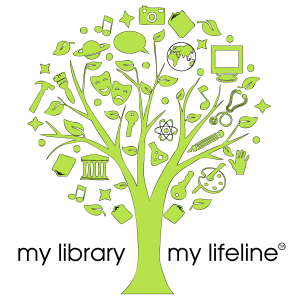The following statement is from Larry Alford, Chair, OCLC Board of Trustees, and Jay Jordan, OCLC President and CEO:
“On July 29, SkyRiver Technology Solutions and Innovative Interfaces, Inc. filed suit against OCLC, alleging anticompetitive practices. We at OCLC believe the lawsuit is without merit, and we will vigorously defend the policies and practices of the cooperative.
OCLC’s General Counsel, working with trial counsel, will respond to this regrettable action by SkyRiver and Innovative Interfaces following procedures and timetables dictated by the court. This process will likely take months or even years, not days.
In the meantime, we want to assure the OCLC membership and all 72,000 libraries that use one or more OCLC services that these spurious allegations will not divert us from our current plans and activities. These include maintaining and enhancing existing services, pursuing an ambitious agenda in library research and advocacy, and introducing new Web-scale (cloud) services. Indeed, OCLC has been a global leader in providing cloud-based services for libraries since 1971, and the next generation of these services holds great promise for reducing member library costs.
It is worth noting that our current strategy represents a collective effort by librarians around the world, developed through ongoing dialogue and consultation with the Board of Trustees, Global Council, and Regional Councils in the Americas, Asia Pacific, and Europe, the Middle East and Africa. We will continue our active engagement with OCLC members and governance participants as, together, we move our cooperative forward.
Inclusion, reciprocity, trust and the highest standard of ethical conduct have guided the OCLC cooperative in the past and will guide us in the future. As always, OCLC’s public purposes of furthering access to the world’s information and reducing the rate of rise of library costs remain paramount.”
—Larry Alford, Chair, OCLC Board of Trustees
—Jay Jordan, OCLC President and CEO


